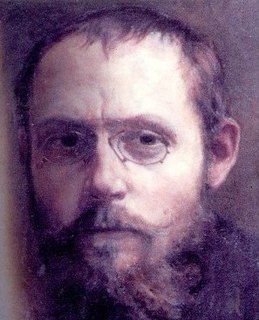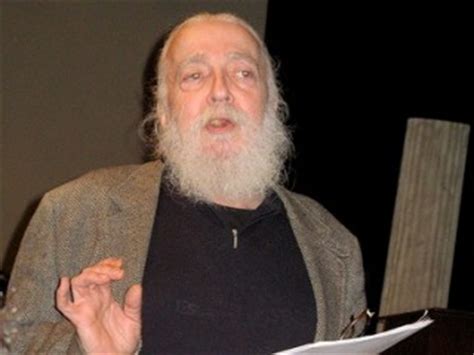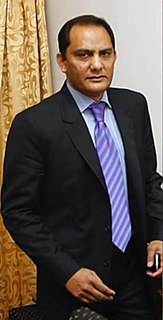A Quote by William Murray, 1st Earl of Mansfield
Uncertain justice by a verdict is much better than certain injustice.
Related Quotes
This is a world that is much more uncertain than the past. In the past we were certain, we were certain it was us versus the Russians in the past. We were certain, and therefore we had huge nuclear arsenals aimed at each other to keep the peace. That's what we were certain of... You see, even though it's an uncertain world, we're certain of some things. We're certain that even though the "evil empire" may have passed, evil still remains.
...the statement, "The purpose of the law is to cause justice to reign," is not a rigorously accurate statement. It ought to be stated that the purpose of the law is to prevent injustice from reigning. In fact, it is injustice, instead of justice, that has an existence of its own. Justice is achieved only when injustice is absent.
After the match-fixing allegations, the one thing I had was patience. It took a lot of time for the courts to come to a verdict regarding the case. Sometimes, there were adjournments, but during that time, I had patience. We fought very hard, and finally justice prevailed, and we got the right verdict.



































